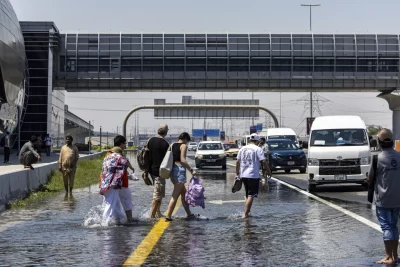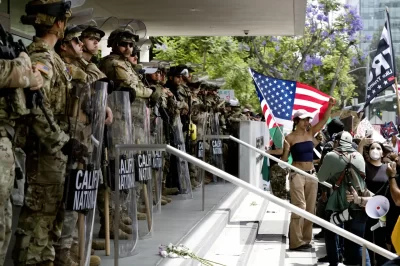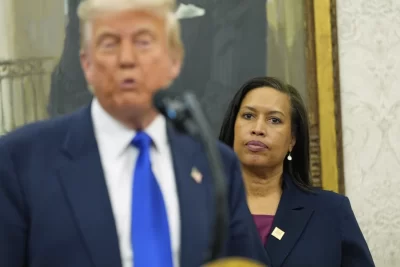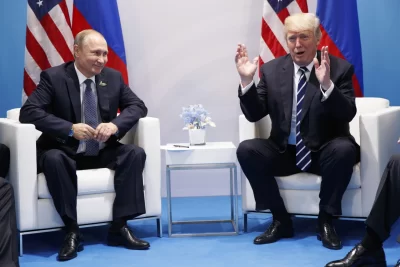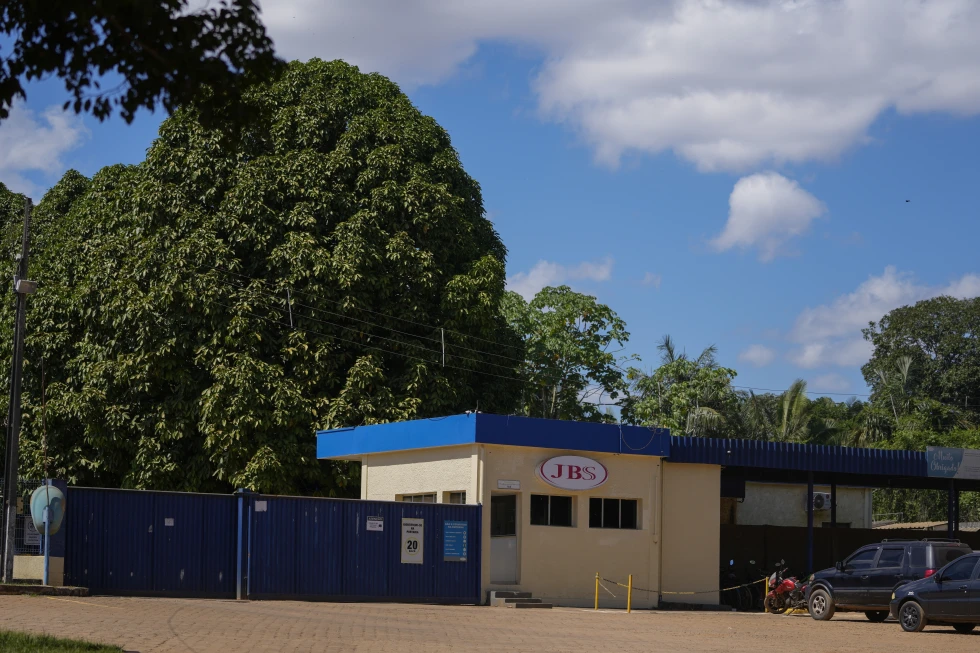
BRASILIA, Brazil — In recent weeks, lawmakers in the United States and the United Kingdom have sent letters to the Securities and Exchange Commission cautioning against the listing of JBS, the world’s largest meatpacking company, on the New York Stock Exchange.
Trading on the world’s largest exchange would give JBS access to more capital and enhance its credibility. But the lawmakers, along with environmental groups, argue that expanded capital would allow the company, responsible for much deforestation in the Amazon rainforest, to do even more harm.
The dispute surrounding JBS’ bid highlights the connection between finance and various drivers of climate change, including deforestation. It also raises questions about gauging claims that a company is committed to improving its environmental record.
“Dozens of journalistic and NGO reports have shown that JBS is linked to more destruction of forests and other ecosystems than any other company in Brazil,” said the letter from 15 U.S. senators, released last week. “The company has made repeated claims that it will eliminate deforestation but has not taken meaningful steps to do so.”
The letter, signed by Democrats and Republicans, comes days after a similar one from 11 British lawmakers that said letting JBS raise capital from shareholders “contradicts global efforts of governments and businesses to take action to mitigate climate change” and to “preserve essential natural habitats.”
A spokesperson for the SEC, which has regulatory oversight of the NYSE, said it doesn’t comment on individual filings. JBS, which applied in July, and the NYSE didn’t respond to questions. The SEC has broad authority in regulating capital markets, from approving or denying company applications to get on an exchange, requiring disclosures and fining companies if they break financial laws.
In December, The Associated Press and Brazil’s Agencia Publica revealed that Rondonia state is suing JBS for purchasing cattle raised illegally in a protected area damaged to the point of near total destruction. According to court papers, the company accepted documents that showed cattle going straight to the slaughterhouse from legally protected land. JBS has declined to comment.
JBS has pledged to make all cattle purchases traceable by 2025 and to reach net zero, or equalize all carbon emissions, by 2040.
In 2020, it created the JBS Fund For the Amazon. The goal is to finance “innovative, long-term initiatives that build on JBS S.A.’s legacy of conservation and sustainable development in the Amazon Biome,” according to an SEC filing.
Since then, the fund has provided $15 million to 20 projects, according to its website. The company has pledged to commit a total of $51 million to the fund through next year.
The initiatives include cocoa farming integrated with trees; managed fishing of pirarucu, a giant freshwater fish; and support for the Forest Peoples Connection, which has been installing Starlink internet units donated by Elon Musk´s SpaceX in remote areas, including Indigenous communities.
It also granted money to two U.S.-based nonprofits: Forest Trends, which supports handicrafts and Brazil nut production in Indigenous territories, and the Good Food Institute, which works to research local products from Amazon fungi to tucuma, a local palm tree.
The contributions are tiny for the company. From 2021 through the last quarter of 2023, JBS net sales approached $209 billion, according to a company statement. That means the amount disbursed for environmental projects so far represents 0.007% of net sales for the period.
A previous JBS attempt to join the exchange was thwarted amid a corruption scandal in 2017 when the company admitted the bribery of hundreds of Brazilian politicians. In 2020, JBS paid the SEC $26.8 million for accounting irregularities at U.S. subsidiary Pilgrim’s Pride, one of the country’s largest poultry producers.
As JBS’ application is considered, a prominent adviser who backed the sustainability fund is having second thoughts. Carlos Nobre is an Earth scientist and co-author of five reports for the International Panel on Climate Change, the United Nations’ top body on climate change.
Nobre also sits on JBS’ board and said he’s been disillusioned with the company’s launch of a project intended to support 3,500 small livestock-producing families in the Amazon. JBS Sustainability Director Liège Correia promoted the project at the COP28 in Dubai. At $20 million over the coming years, it’s one of the fund’s biggest.

